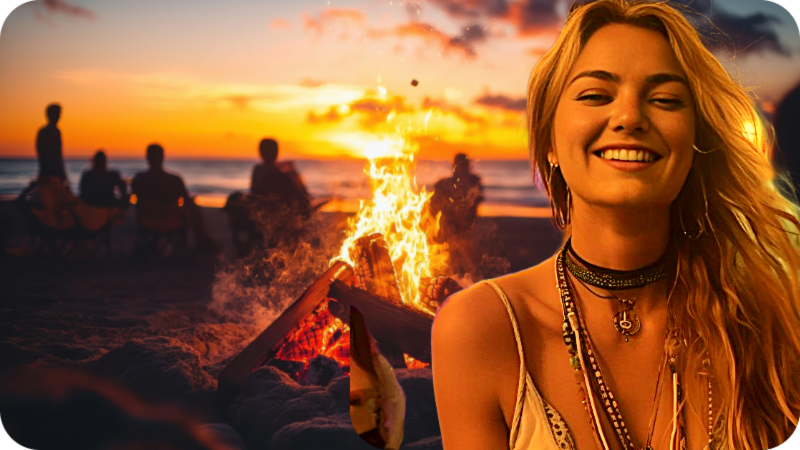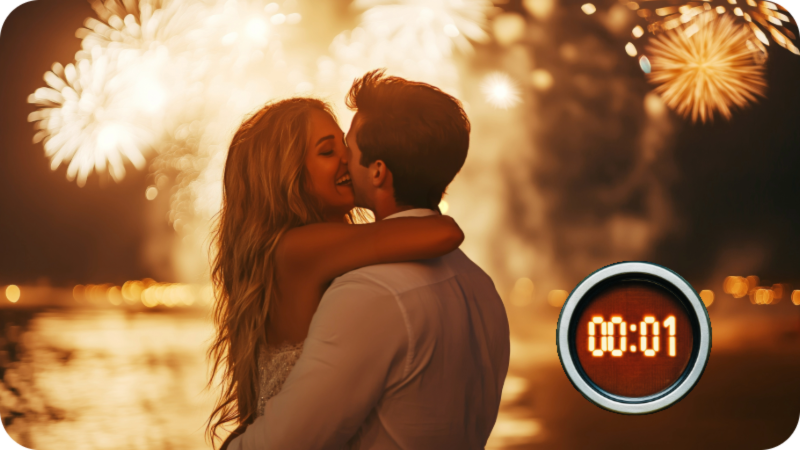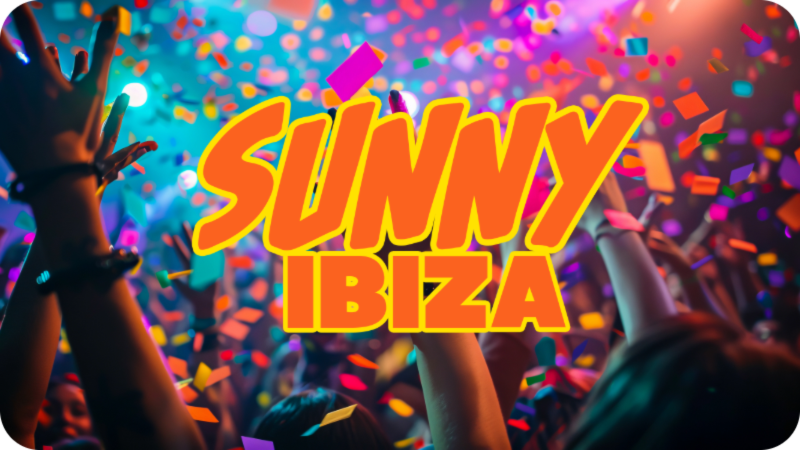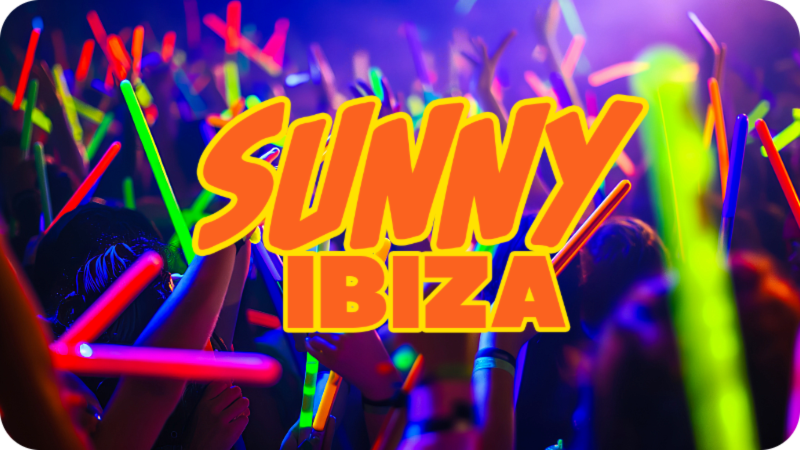The San Juan Festival—or La Noche de San Juan—is one of Spain’s most magical and symbolic celebrations, blending ancient pagan rituals with Christian tradition. Held on the night of June 23rd, it marks the summer solstice, the longest day of the year, and is all about fire, water, renewal, and community
Fire Rituals
-
Bonfires are the heart of the celebration, symbolizing purification and protection.
-
People jump over flames (usually small ones!) to burn away bad luck and welcome good fortune.
-
In cities like Alicante, giant satirical sculptures called hogueras are built and burned in spectacular displays.
Water Traditions
-
At midnight, many take a dip in the sea, believed to cleanse the soul and bring health.
-
In coastal towns, it’s common to jump over seven waves or throw flowers into the water as symbolic gestures of renewal.
Local Customs
-
Barcelona: Locals gather on Barceloneta Beach with cava, music, and fireworks. It’s a full-on beach party that lasts until sunrise.
-
Valencia: Known for vibrant fireworks and beach bonfires. Families and friends picnic and celebrate together.
-
Andalusia: Towns like Málaga and Granada host moragas (beach barbecues), and burn effigies called júas at midnight.
-
Alicante: The festival here is a multi-day event with parades, concerts, and the dramatic Cremà, where the hogueras are set ablaze.
✨ Symbolism
-
Fire = purification and transformation.
-
Water = healing and renewal.
-
Herbs = enhanced magical properties on this night, often picked for good luck.
Traditional Treats
Whether you’re dancing on the beach, watching fireworks from a hillside, or tossing your worries into the flames, San Juan is a celebration of light, life, and new beginnings.






